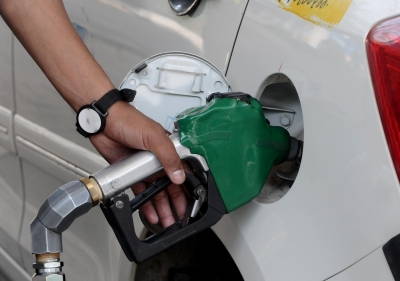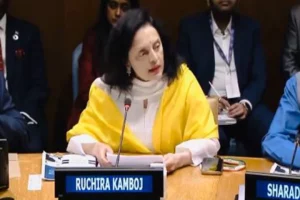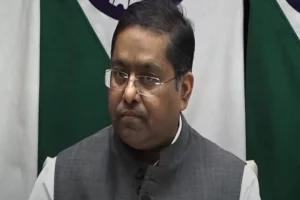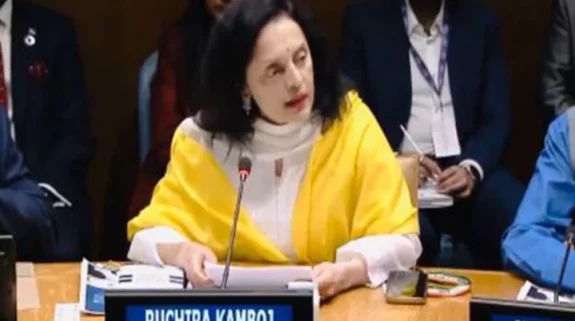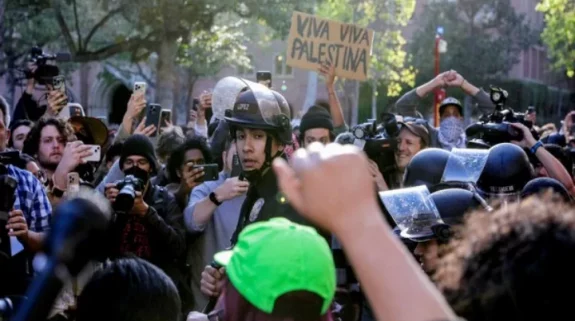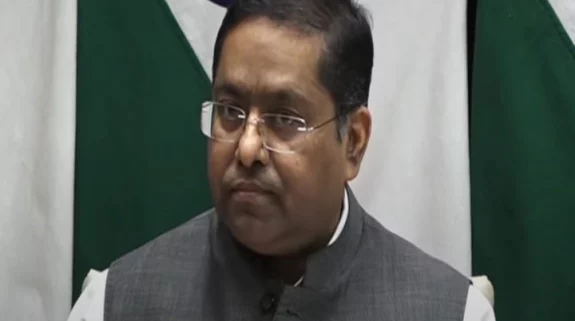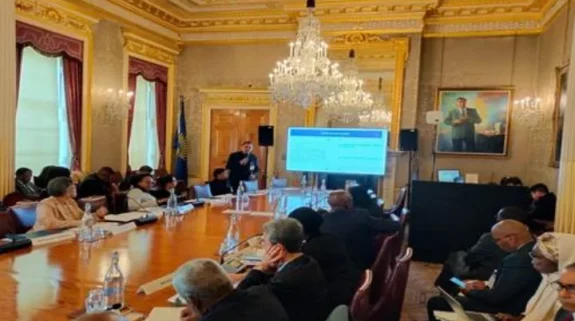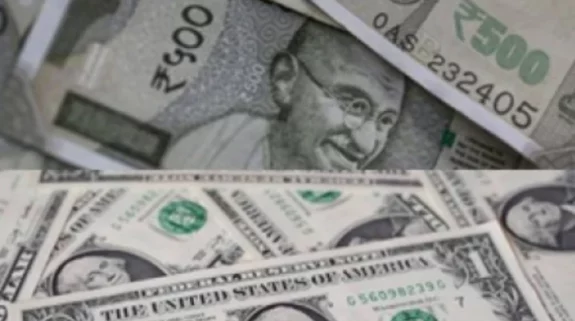Oil prices shot up in the international market on Tuesday amid rising expectations of a recovery in the global economy after the U.S. Senate approved a $1.9 trillion stimulus bill and production cuts by the OPEC+ oil cartel continuing to limit supplies.
Brent crude futures for May rose by 32 cents, or 0.5%, to $68.56 a barrel by 0125 GMT, while U.S. West Texas Intermediate (WTI) crude for April rose 19 cents, or 0.3%, to $65.24, according to figures compiled by Reuters.
However, a stronger dollar and receding fears of oil supply disruption from Saudi Arabia after a militia attack on its oil facilities helped to slow the upward spiral and chaos seen on Monday when prices briefly crossed the $70 mark.
After having fallen below $20 per barrel when demand crashed due to the coronavirus pandemic in March, oil prices had risen to around $51 a barrel in December 2020, which was the average for 2015-2017, as economic activity gradually picked up.
However, with the OPEC+ cartel, comprising oil producing Gulf nations and Russia, going in for production cuts to drive up prices, the cost of crude has jumped by over 33% since the beginning of this year. The OPEC+ cartel had renewed their decision to continue with the production cuts last week in order to firm up prices which has encouraged speculative buying, according to market experts.
India hit hard
India has been hit hard as it imports over 80% of its oil requirement and around 60% of this comes from Middle Eastern countries. Once international prices go up the increase has to be passed on to consumers in the form of higher retail prices of petrol, diesel and LPG. This leads to inflation in the economy as transport costs rise and slows growth because consumers have less money to spend on other goods which reduces demand.
Rising oil prices also pose a revenue problem for the government as it relies on heavy taxation of fuels to mobilise resources for welfare schemes to benefit the poor and spend on big infrastructure projects such as highways and bridges to revive economic growth. A sharp increase in the basic cost of the fuel reduces the scope for continuing with higher taxes as retail prices cannot be increased beyond a point.
In the last nine days, for instance, the government has had to put on hold fresh price increases for petrol and diesel by public sector companies despite rising costs in the global market as retail prices are already very high, a senior Indian Oil Corporation official said.
OPEC+ cartel to blame
Oil Minister Dharmendra Pradhan said last week that New Delhi has informed the OPEC+ cartel that they are not fulfilling their promise of ensuring that oil is supplied at reasonable prices in order to benefit both producers and consumers.
He said India had supported their decision to cut crude output last year when oil demand collapsed due to the spread of the coronavirus. “At that point in time the producers, especially OPEC assured the global market, that by the beginning of 2021 the demand would be coming back and production would be as usual. But I am sorry to say that production is yet to be normal by this time,” he lamented.
Pradhan said India would scout for alternative paths and energy sources, including green hydrogen, especially if prices continue to rise.
“Today we expect the oil producing countries, especially OPEC and its friends, should do business as they had promised so that responsible reasonable prices prevail,” he added.






